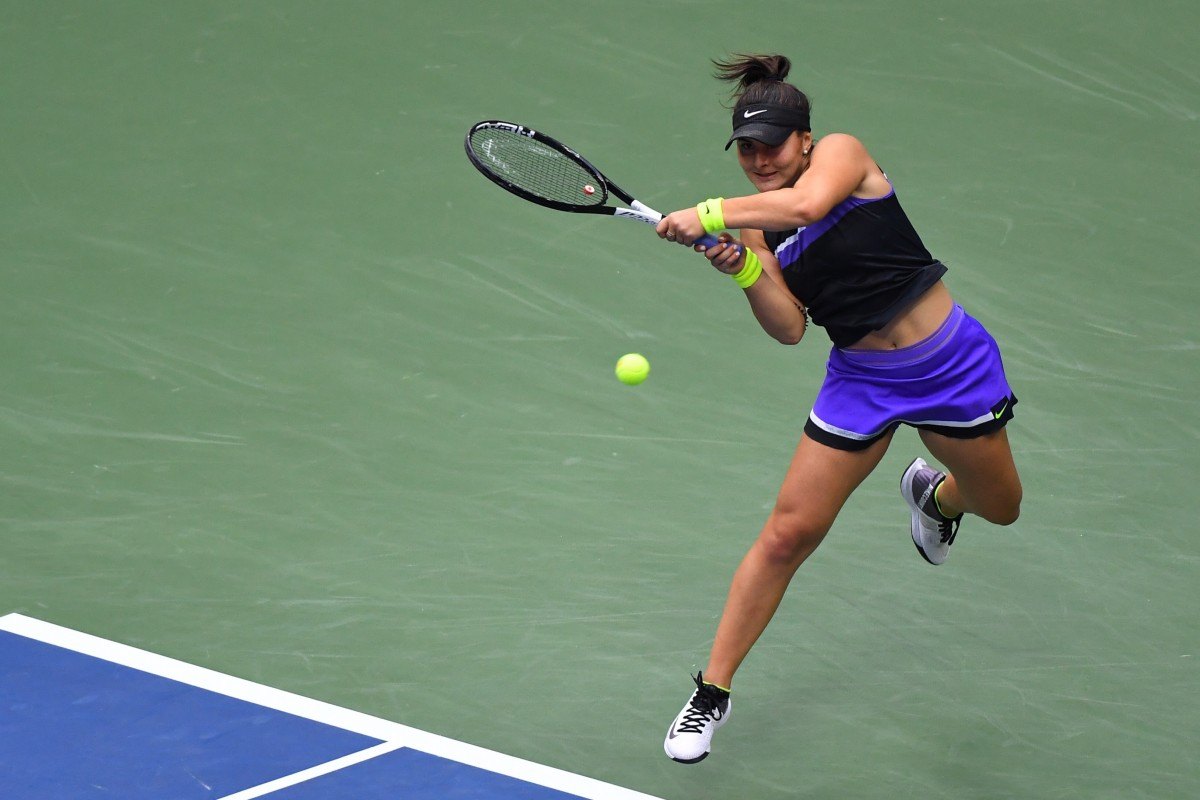Professional tennis tours will begin running tournaments again in August as players and organizers gear up for the US Open. But while fans look forward to seeing their favorite stars compete again, integrity officials worry that match-fixing could become a serious problem.

The Tennis Integrity Unit expects an increased number of match-fixing alerts when the top tours return to action, largely because bettors will be looking for something familiar to wager on.
Match-Fixing Alerts Rose During COVID-19 Shutdown
The TIU saw an alarming amount of suspicious activity while the ATP and WTA tours paused play due to the COVID-19 pandemic. Over the past few months, a number of organizers have staged private exhibition events, ranging from high-profile tournaments like the ill-fated Adria Tennis Tour to minor gatherings of low-ranked players in numerous locations.
Between April and June, TIU officials reported 24 incidents of suspicious betting activity around matches at these private tournaments. Those alerts don’t indicate that match fixing actually occurred, however. Injury leaks, insider information, or even rumors can also cause suspicious betting on a match.
“Suspicious betting on tennis during the lockdown is seen as a firm indicator that corruptors remain active, and are likely to increase their focus on the sport when professional tennis resumes in August,†the TIU said in a statement released last Friday.
The raw number of reports wasn’t unusual: sportsbooks initiated 33 alerts in the same period last year. However, that’s when all tennis tours were in full swing, as opposed to the smattering of events that generated the match-fixing alerts this year.
TIU: Players Vulnerable After Time Off
That has TIU officials on edge for when tournaments, both large and small, resume next month.
“We anticipate a heightened sense of integrity concerns when the tours resume, especially at the lower levels,†TIU head of communications Mark Harrison told ESPN on Tuesday. “There will be a renewed level of gambling, and a small percentage of that may involve corrupt gambling.â€
As usual, officials are most concerned about low-level tours where players make little money and have been unable to win even modest prizes during the pandemic.
“The tours being closed down means that some people may have been vulnerable because their earnings have been restricted or curtailed,†Harrison told ESPN. “And gamblers and corrupters won’t go away.â€
The TIU has continued to investigate alleged match fixing, even during the current shutdown. In June, integrity officials banned Tunisian tennis player Majed Kilani from professional tennis events for seven years and fined him $7,000 after determining that he conspired to fix matches in 2016. Kilani played for the University of Tulsa from 2015-2019, and currently ranks 804th in the world in men’s singles.











